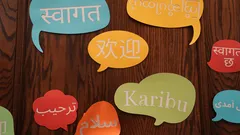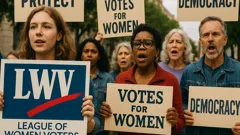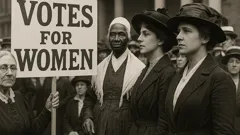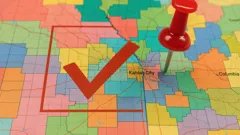1436
0
4 minutes
Suggested Articles

First-generation Ivy Leaguers triumph over unique college challenges
Discover key insights, life hacks, and data-driven tips for first-generation college students thriving in prestigious U.S. universities. Find practical strategies, unique challenges, and fresh perspectives essential for student success.

Americans build empathy and strengthen democracy through language learning
Civic Education

High schoolers drive change as schools empower youth civic voices
Civic Education

Young voters ignite a powerful wave of change at the polls
Civic Education

How Civic Engagement Is Transforming College Life and Shaping Leaders
Volunteer

Teachers in Los Angeles empower students with real-life civics during crisis
Civic Education

Civics lessons give students a lifeline in times of community crisis
Civic Education

League of Women Voters: Shaping Democracy for Over a Century
Civic Education

US Suffrage Movement: How Women Won the Vote and Changed History
Civic Education

Redistricting: How US Voting Districts Change Every Decade
Civic Education

Voters discover why political parties matter more than ever in shaping America
News & Updates

First-generation Ivy Leaguers triumph over unique college challenges
Hiring

Americans brace for possible Social Security cuts that reshape retirement
News & Updates

Why this Florida data leak changes how we think about privacy
News & Updates

Build your own AI chatbot and unlock hands-on tech superpowers
Resources & Tools

How to outsmart hidden medical expenses in your golden years
Civic Education

California workers secure jobs this summer with new 2025 laws
Hiring
 Love Women Vibes
Love Women Vibes

Comments